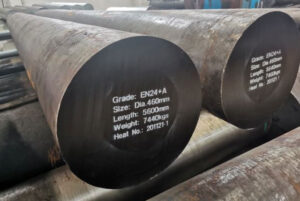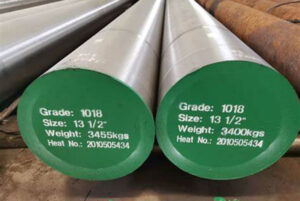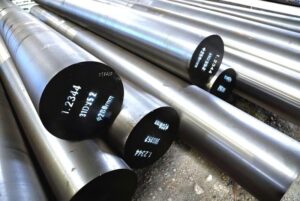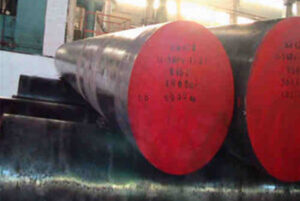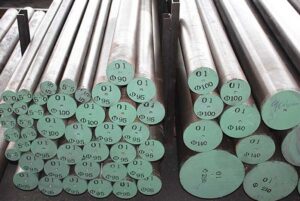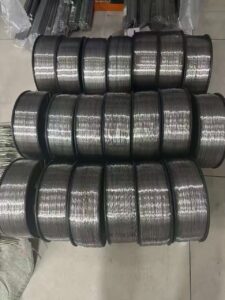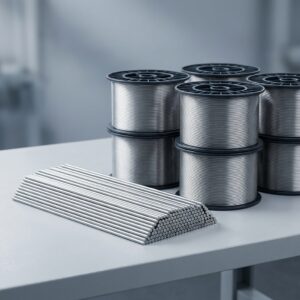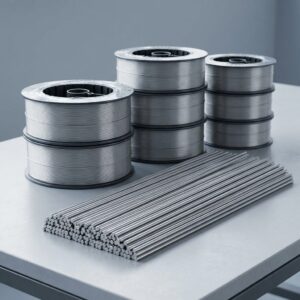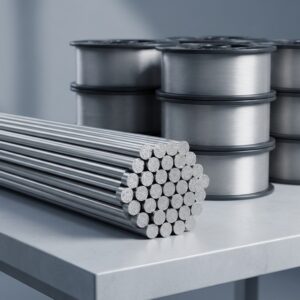Overview
Nitronic 40 Austenitic Stainless Steel, also known as UNS S21900, is a remarkable austenitic stainless steel known for its exceptional strength and corrosion resistance. This versatile material is widely used in industries ranging from aerospace to marine, thanks to its unique properties that combine the best of both worlds—stainless steel’s durability and alloy steel’s resilience. Whether you’re a seasoned engineer, a material scientist, or simply curious about advanced materials, this guide dives deep into the nuances of Nitronic 40. We’ll explore its chemical composition, mechanical properties, applications, heat treatments, suppliers, pricing, and much more.
Chemical Composition of Nitronic 40 Austenitic Stainless Steel
Understanding the chemical composition of Nitronic 40 is crucial as it directly influences its mechanical properties and corrosion resistance. Here’s a detailed breakdown of its elements:
| Element | Percentage (%) |
|---|---|
| Carbon (C) | 0.03 max |
| Manganese (Mn) | 7.00-9.00 |
| Silicon (Si) | 0.75 max |
| Phosphorus (P) | 0.04 max |
| Sulfur (S) | 0.03 max |
| Chromium (Cr) | 19.00-21.00 |
| Nickel (Ni) | 5.50-7.50 |
| Nitrogen (N) | 0.15-0.40 |
| Iron (Fe) | Balance |
Why is the Chemical Composition Important?
The blend of chromium and nickel, along with the presence of nitrogen, gives Nitronic 40 its outstanding combination of strength and resistance to corrosion. Manganese contributes to its workability and toughness, making it suitable for high-stress applications.

Mechanical Properties of Nitronic 40 Austenitic Stainless Steel
Mechanical properties are critical when selecting a material for engineering applications. Nitronic 40 stands out due to its balanced properties.
| Property | Value |
|---|---|
| Tensile Strength | 100 ksi (690 MPa) |
| Yield Strength | 45 ksi (310 MPa) |
| Elongation at Break | 35% |
| Hardness (Rockwell B) | 95 max |
| Impact Resistance (Charpy V-notch) | 125 ft-lbs (169 J) |
Strength and Durability
The high tensile and yield strength of Nitronic 40 make it an excellent choice for applications requiring durable materials that can withstand high stress. Its impact resistance is particularly beneficial in environments where mechanical shock and vibration are concerns.
Applications of Nitronic 40 Austenitic Stainless Steel
Nitronic 40 is utilized across a variety of industries due to its versatile properties. Here’s a closer look at some of its primary applications:
| Industry | Application |
|---|---|
| Aerospace | Engine components, structural parts, fasteners |
| Marine | Propeller shafts, fittings, pump shafts |
| Chemical Processing | Heat exchangers, reactor vessels, piping systems |
| Oil and Gas | Valves, pumps, downhole equipment |
| Automotive | Exhaust systems, high-performance parts |
| Medical | Surgical instruments, implants, dental equipment |
Versatility Across Industries
From the harsh environments of the aerospace sector to the demanding conditions in chemical processing, Nitronic 40 proves its worth by delivering high performance consistently. Its application in medical devices also highlights its biocompatibility and reliability.
Heat Treatment of Nitronic 40 Austenitic Stainless Steel
Heat treatment processes can significantly alter the mechanical properties of Nitronic 40, enhancing its performance for specific applications.
| Heat Treatment Process | Temperature Range (°F) | Purpose |
|---|---|---|
| Solution Annealing | 1950-2050 | Enhance corrosion resistance and toughness |
| Stress Relieving | 500-900 | Reduce residual stresses |
| Aging | 900-1100 | Increase hardness and strength |
Enhancing Material Performance
Solution annealing is commonly employed to maximize corrosion resistance and improve toughness. Stress relieving and aging treatments are used to adjust the material’s mechanical properties to meet specific operational requirements.
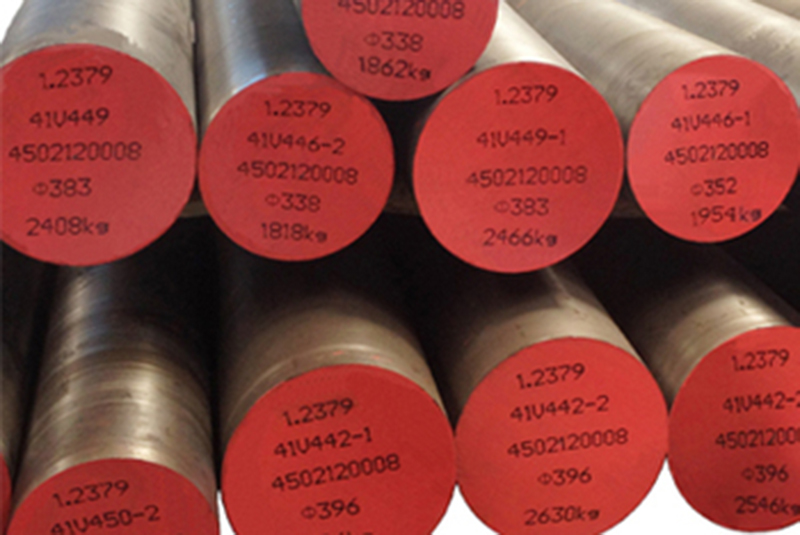
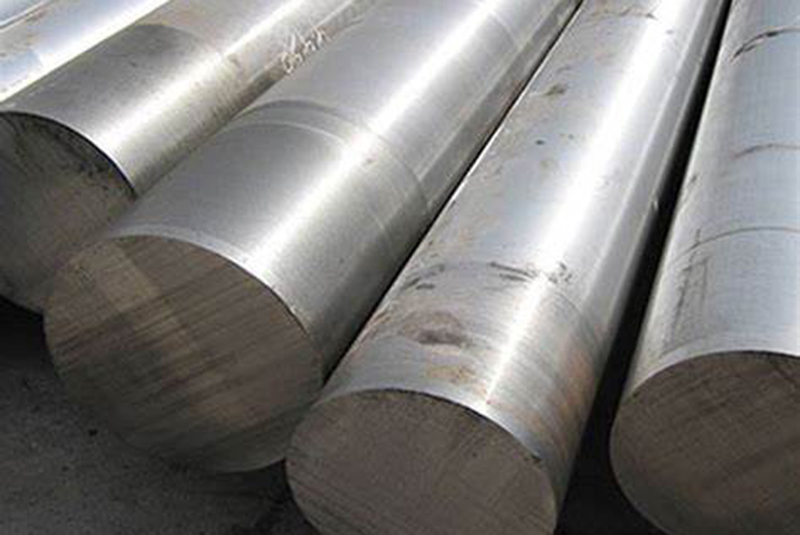
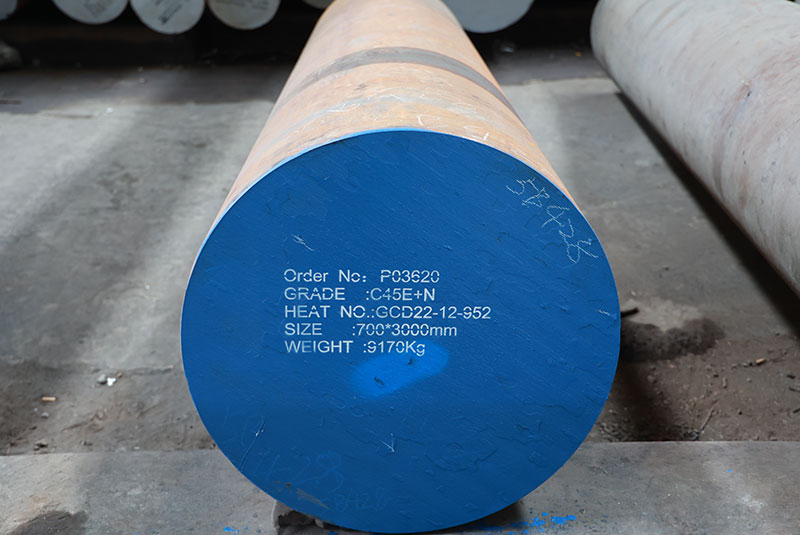
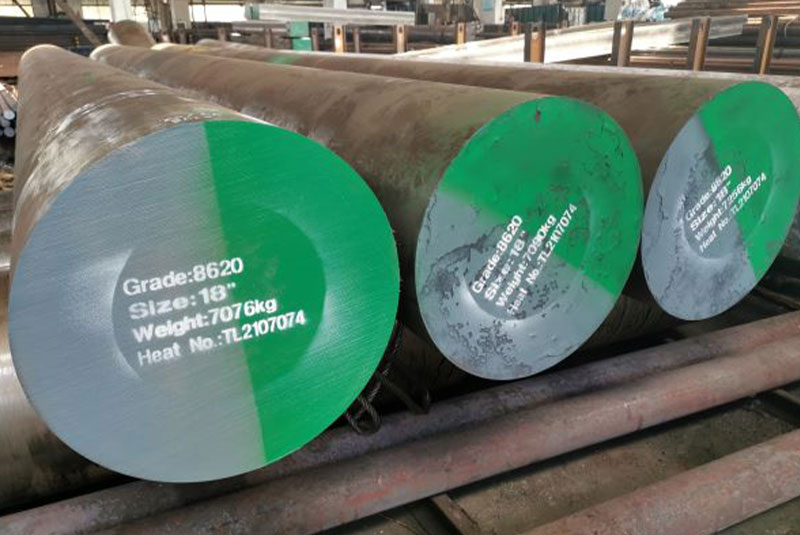
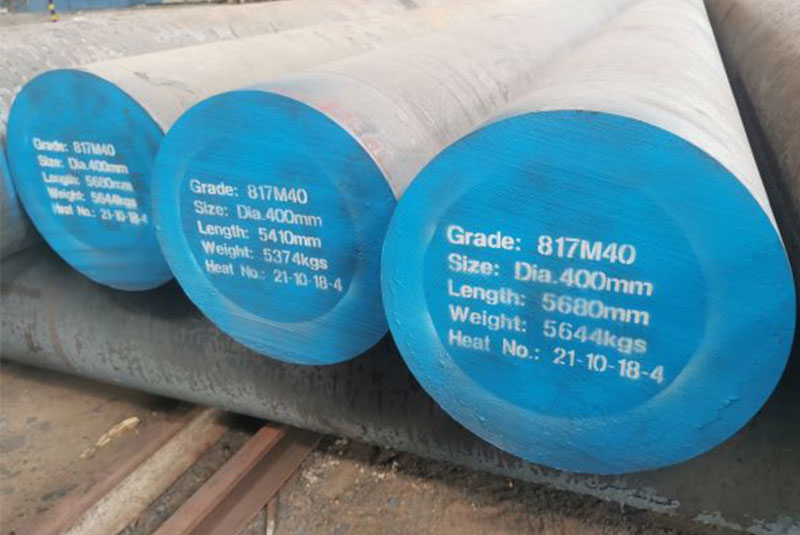
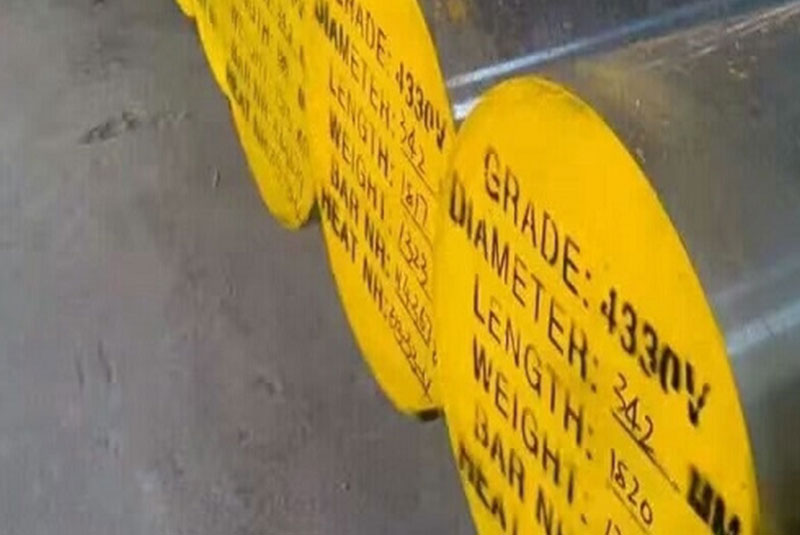
Suppliers and Pricing of Nitronic 40 Austenitic Stainless Steel
Choosing the right supplier is crucial for ensuring material quality and availability. Here’s an overview of some reputable suppliers and their pricing details:
| Supplier | Location | Price per kg (USD) | Notes |
|---|---|---|---|
| AK Steel | USA | $15-$20 | Renowned for high-quality stainless steel products |
| Sandmeyer Steel | USA | $14-$18 | Offers extensive product customization |
| Rolled Alloys | Global | $16-$22 | Known for reliable supply chains |
| NeoNickel | Europe | $18-$24 | Specializes in high-performance alloys |
| Langley Alloys | UK | $17-$23 | Provides technical support and expertise |
Factors Influencing Pricing
The cost of Nitronic 40 can vary based on factors like order volume, delivery location, and specific material requirements. It’s essential to work closely with suppliers to get the best deal tailored to your needs.
Advantages and Disadvantages of Nitronic 40 Austenitic Stainless Steel
Every material has its strengths and weaknesses. Here’s a comparative look at what makes Nitronic 40 stand out and where it might fall short:
| Advantages | Disadvantages |
|---|---|
| Exceptional corrosion resistance | Higher cost compared to some stainless steels |
| High strength and toughness | Can be difficult to machine |
| Excellent weldability | Limited availability in some regions |
| Good performance at both high and low temperatures | Requires specific heat treatments |
| Versatile across various industries | Potentially longer lead times for custom orders |
Balancing Pros and Cons
While Nitronic 40 offers a plethora of benefits, it’s essential to consider its cost and machining difficulties. For many applications, however, the advantages far outweigh these disadvantages, making it a popular choice.
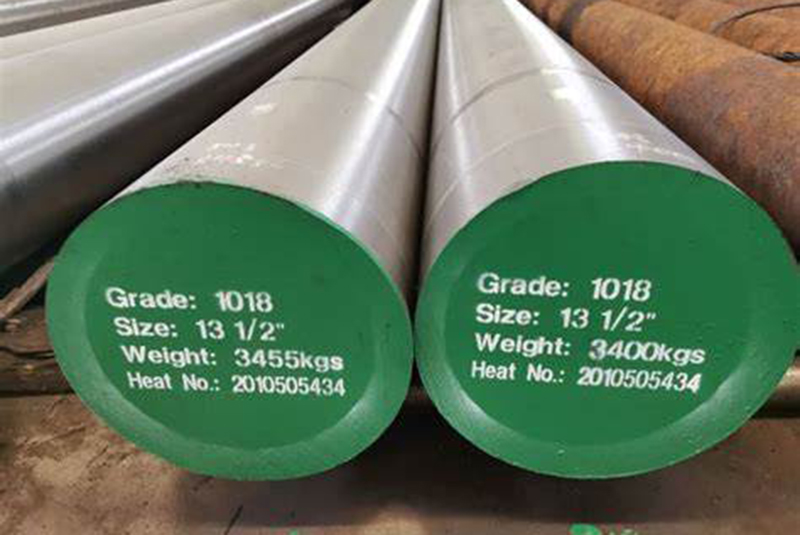
FAQs
To address some common questions, here’s a handy FAQ section:
| Question | Answer |
|---|---|
| What makes Nitronic 40 different from other stainless steels? | Its unique blend of high strength, excellent corrosion resistance, and toughness. |
| Can Nitronic 40 be welded easily? | Yes, it offers excellent weldability with proper procedures. |
| Is Nitronic 40 suitable for marine applications? | Absolutely, its corrosion resistance makes it ideal for marine environments. |
| How does Nitronic 40 compare to 316 stainless steel? | Nitronic 40 has higher strength and better impact resistance, but 316 is generally more cost-effective. |
| What are the typical heat treatments for Nitronic 40? | Solution annealing, stress relieving, and aging to enhance various properties. |
| Where can I buy Nitronic 40? | From reputable suppliers like AK Steel, Sandmeyer Steel, and Rolled Alloys. |
Conclusion
Nitronic 40 austenitic stainless steel stands out as a robust, versatile material suitable for various high-stress and corrosive environments. Its balanced mechanical properties and excellent corrosion resistance make it a top choice across industries from aerospace to marine. By understanding its chemical composition, mechanical properties, and appropriate heat treatments, you can make informed decisions for your engineering needs. Whether you’re sourcing material or comparing it to other options, this guide serves as a comprehensive resource to navigate the complexities of Nitronic 40.
For those looking to dive deeper into the material, consulting with suppliers and industry experts can provide additional insights and tailored solutions to meet your specific requirements.

